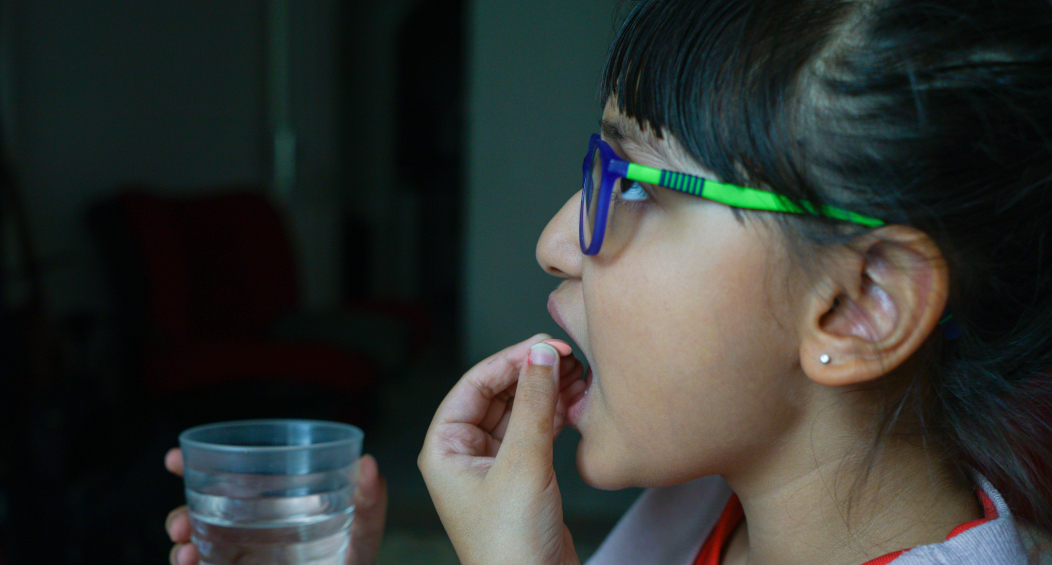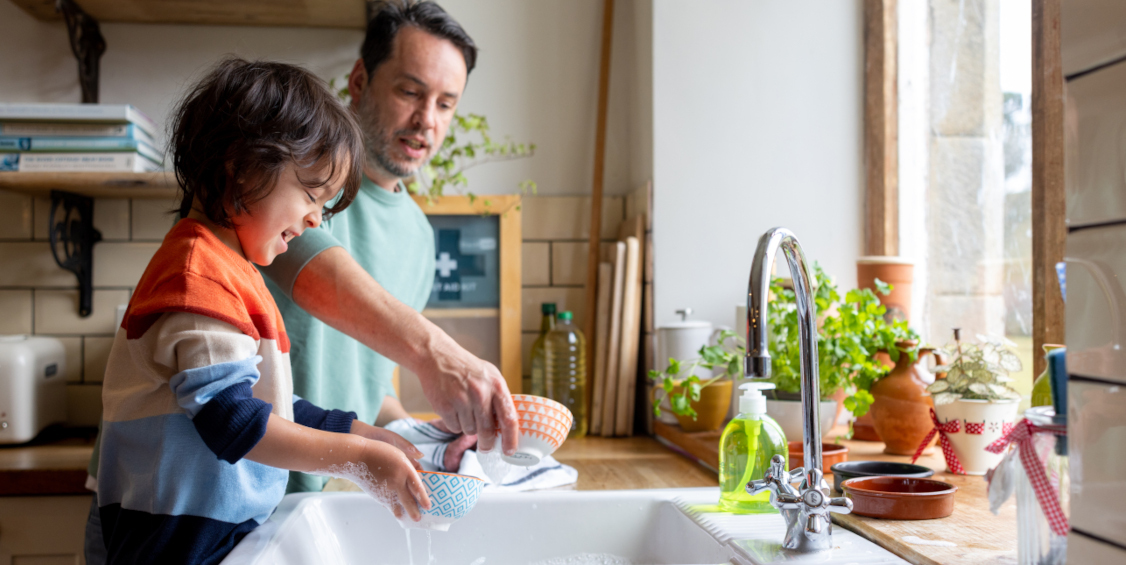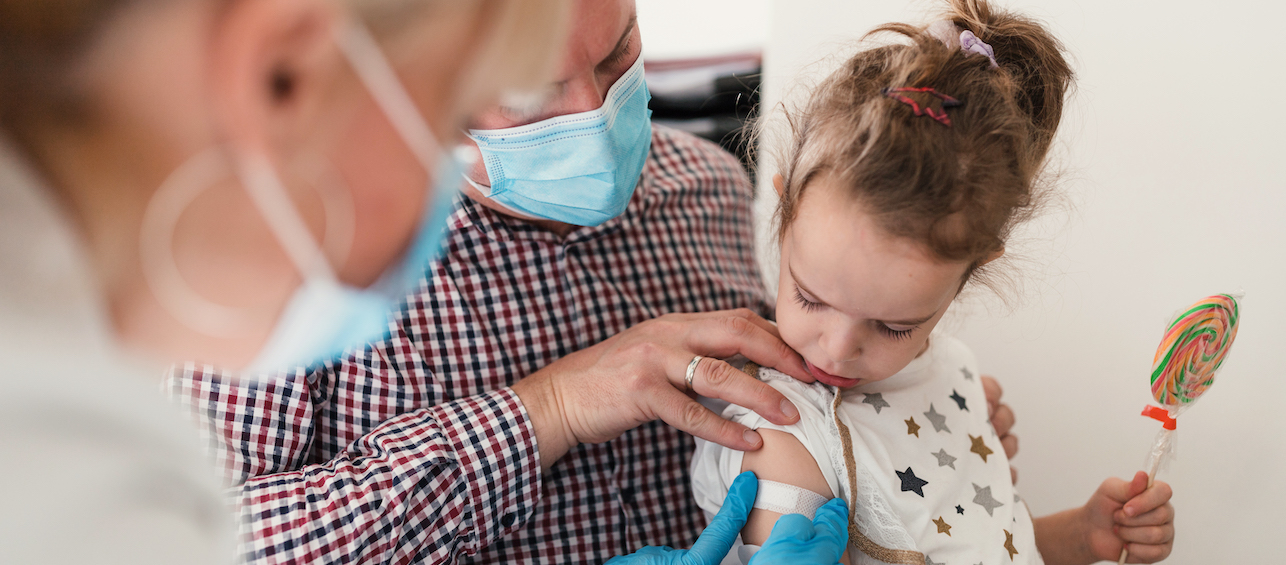Many of our patients face an increased risk from the broad impact of coronavirus (COVID-19). Because of this, we are providing our families with the following tips and strategies to help them mentally cope at home.
Ways That Patients Can Support Their Own Well-Being
- Talk to others as much as possible – through virtual connections. Explain how you’re feeling and what your concerns are.
- Step away from electronics. Breaks from watching, reading, or listening to news stories, including social media, are very important at this time. Hearing about COVID-19 repeatedly can be upsetting, especially as information changes rapidly. This can be confusing for anyone.
- Maintain healthy habits. Stretch. Take time to be still and quiet. Try to eat healthy, well-balanced meals. Exercise regularly. Get plenty of sleep. Avoid alcohol and drugs. Take all your medications as prescribed and on-time. Stay in communication with your medical team by phone or MyChart.
- Make time for fun! Engage in activities you’ve always enjoyed that can be done while honoring social distancing.
Ways Parents and Caregivers Can Help
Children and adolescents tend to follow the lead of the trusted adults around them. Caregivers will provide the best support for their children when they deal with COVID-19 calmly and confidently themselves. Be open and engage in discussion, while remaining supportive and reassuring. This is a hard task! Seek support for yourselves so that you can be present emotionally for your children.
All children and adolescents respond to stressful times differently. Keep an eye out for some of these common changes:
- Refusing activities they have previously enjoyed
- Extreme worrying, such as asking similar questions repeatedly or being clingy
- Not taking care of themselves, such as unhealthy eating or sleeping habits
- “Acting out” behaviors or struggling to follow directions
- Having toileting accidents or bed wetting when previously outgrown
- Having trouble concentrating or paying attention
- Taking drugs, drinking alcohol, or tobacco use
- Increased crying or irritability
- Increased report of unexplained physical symptoms (headaches,pain)
Ways to support your child:
- Set limits on your family’s exposure to news coverage, including social media. Information is changing rapidly, can be highly confusing, and is easily misinterpreted. This can be frightening if they do not understand. Have discussions about what they hear and let them know it is ok if they feel upset. Share with them the ways that you cope with your own stress so that they can learn from you.
- Spend time together. Talk to your child or teen about the COVID-19 and its impact on your lives. Answer questions and share facts about COVID-19 at their developmental level. Be honest.
- Validate concerns and reassure your child that you and their healthcare team are doing everything they can to help them be safe.
- Try to keep up with regular routines. Children like to know what will happen next. While schools are closed, create a schedule to include learning as well as fun and relaxing activities.
- Help them understand areas where they have some control and things they can do to keep themselves safe. Wash hands. Follow social distancing. Stay away from restaurants or public places. Avoid touching unnecessary things. Eat healthy, well-balanced meals. Exercise regularly. Get plenty of sleep. Avoid alcohol and drugs. Take all your medications as prescribed and on-time. Stay in communication with your medical team by phone or MyChart.
- Engage in your own self-care so that they learn healthy habits from you. Take breaks, get plenty of sleep, exercise, and eat well. Connect VIRTUALLY with your friends and family members for support.
If you or your child needs to speak with someone regarding these issues, please contact your mental healthcare provider. In addition, the free app “Stop, Breathe, and Think” is a great resource that provides tools to help you practice mindfulness and meditation. It also has a specific section dedicated to coronavirus.






Staying social and vital in the community is helpful for most seniors and can even help prevent complications from Alzheimer’s disease, depression, and anxiety.